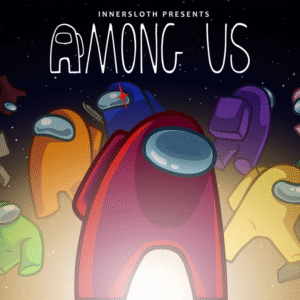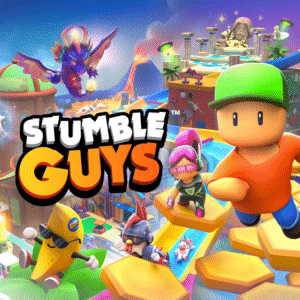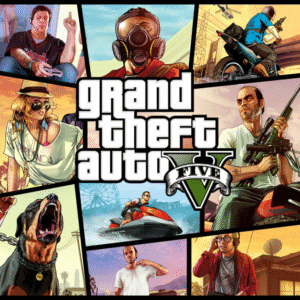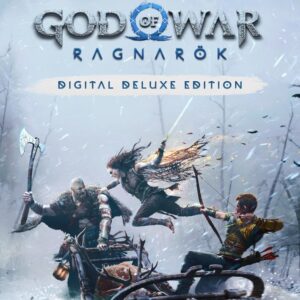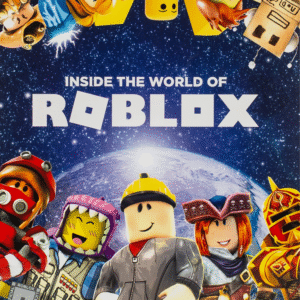The Analog vs. Digital Divide: Hideo Kojima’s Viral ‘Death Stranding 2’ Tissue Stunt Exposes Modern Human Connection
Popular Now
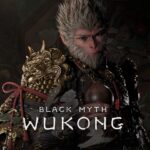 Black Myth: Wukong
Black Myth: Wukong
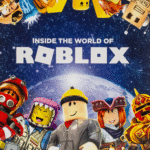 Roblox
Roblox
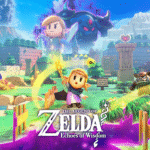 The Legend of Zelda
The Legend of Zelda
 Brawl Stars
Brawl Stars
 Call of Duty
Call of Duty
 Genshin Impact
Genshin Impact
 Toca Boca World
Toca Boca World
 Minecraft
Minecraft
 Fortnite
Fortnite
 Free Fire Max
Free Fire Max
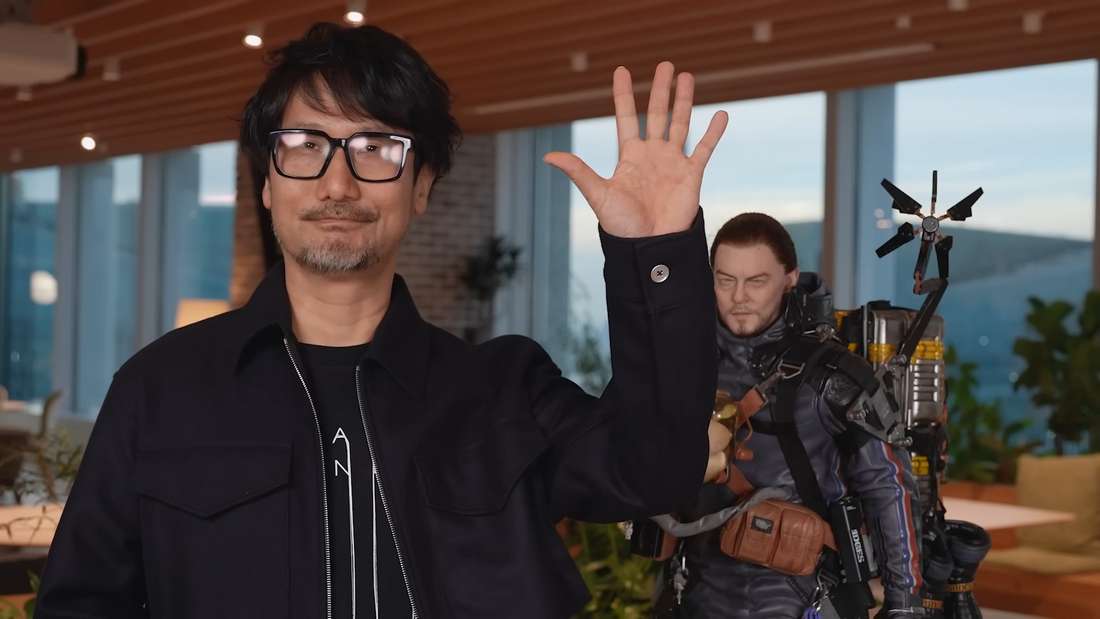
In a marketing move that perfectly encapsulates the thematic complexity of his own work, legendary game creator Hideo Kojima recently conducted a promotional experiment for ‘Death Stranding 2: On The Beach’ that unexpectedly illuminated the shifting landscape of human interaction in the digital age. The veteran developer, known for his unconventional and deeply philosophical approach to video game advertising, attempted to distribute free branded pocket tissues on the streets of Tokyo—a seemingly simple, traditional Japanese marketing tactic—only to be met with widespread public avoidance. The bizarre failure eventually turned into a viral marketing success only after being fused with the power of social media.
The unique stunt, conducted earlier this year by Kojima and members of Kojima Productions in high-traffic locations like Akihabara, Ikebukuro, and Shinagawa, involved handing out custom tissue packs. Each pack featured a QR code leading to a cryptic, unlisted YouTube teaser for the upcoming PlayStation 5 title, thereby subtly linking an old-school, physical item to a modern digital tease. The underlying concept, as Kojima explained to Japanese magazine An-An (translated by Automaton), was an intentionally analog effort to align with the core themes of the Death Stranding franchise.
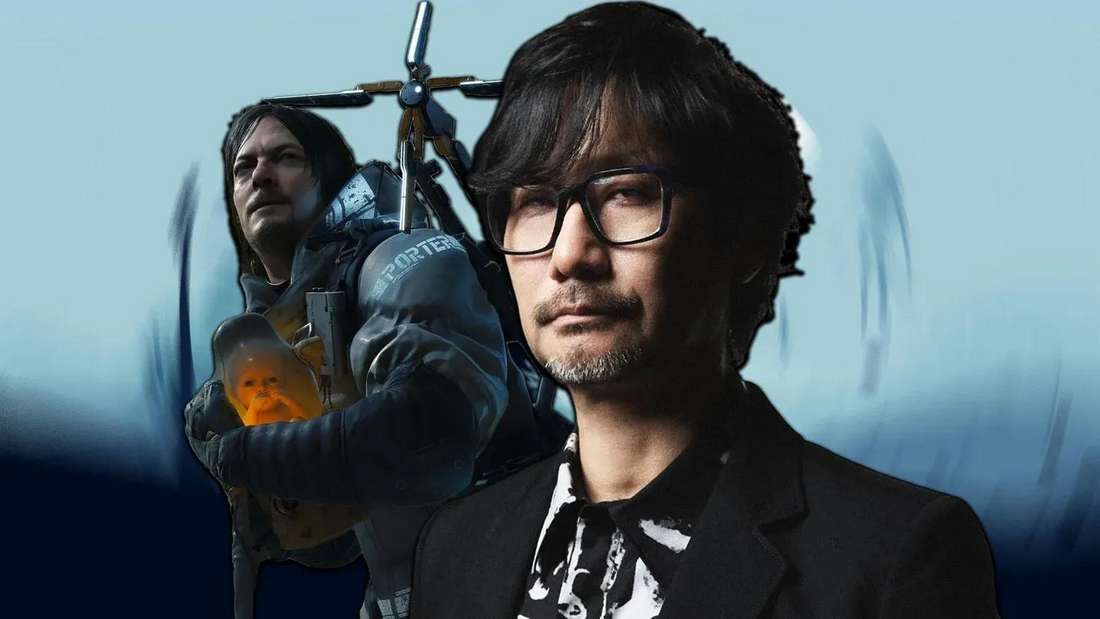 The Rejection of the Physical ‘Strand’
The Rejection of the Physical ‘Strand’
The core philosophy of ‘Death Stranding’ revolves around the act of making “connections” in a fractured world. Kojima sought to replicate this fundamental act in real life.
Kojima’s Original Vision for the Stunt:
- Thematic Link: “Death Stranding is a game about connections. That’s why, although outdated, I wanted to try out this gesture of physically handing something to someone. The act of receiving an item directly from a stranger is very close to the kind of connection explored in Death Stranding.”
- Practical Tool: Unlike easily discarded flyers, pocket tissues are a useful, consumable item, historically a popular and effective method of street-level advertising in Japan.
However, the reality of the distribution effort was starkly different from the intended connection. Kojima, despite his global celebrity status as the creator of the Metal Gear Solid and Death Stranding IP, and despite his team wearing branded apparel, noted the overwhelming public reluctance to engage.
“Hardly anyone was willing to take one. Even when I reached out, they wouldn’t take it. They’d walk away without even making eye contact. Some even went out of their way to avoid us, as if they were walking around something dangerous,” Kojima recounted, highlighting a noticeable societal shift—the increased aversion to unsolicited physical contact and interaction with strangers, a trend heavily amplified by the COVID-19 pandemic and the general shift towards digital communication.
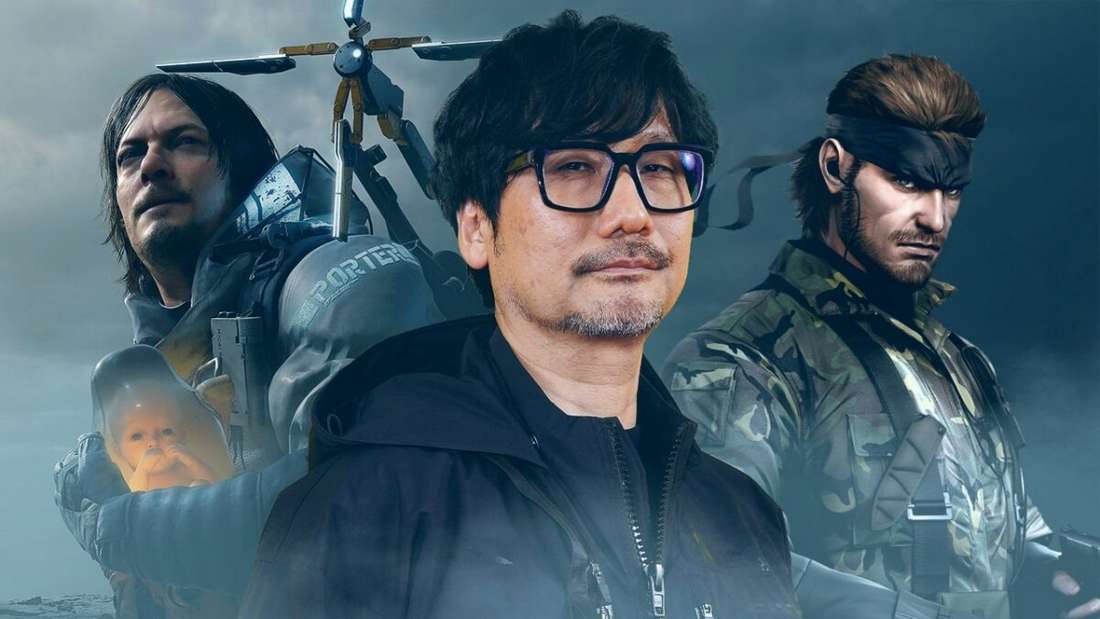 Bridging the Gap with Digital Power: The Viral Turnaround
Bridging the Gap with Digital Power: The Viral Turnaround
Faced with bags of unwanted branded swag—a notable and almost ironic failure for a man whose work is predicated on delivery and connection—Kojima did what any modern marketing guru eventually must: he leveraged his immense digital footprint.
He posted on X (formerly Twitter) about the exact locations where he and his team were stationed, transforming the static, shunned analog interaction into a dynamic, highly coveted fan event. The results were instantaneous and dramatic:
- The tissue packets, which moments earlier had been actively avoided, were cleared out “within minutes” across all three Tokyo locations.
- The failure of the “purely analog” approach was overcome by fusing it with digital power, creating what Kojima termed an “even stronger connection.”
- The rejected freebie became a desirable collector’s item and viral content trigger, all thanks to the online notification.
This incident serves as a powerful, real-world metaphor for the themes explored in the Death Stranding universe. The physical, in-person delivery—the strand—failed until the pervasive, instant connectivity of the Chiral Network (in this case, social media) could be utilized to motivate the ‘porters’ (the fans) to make the journey. It underscores a crucial contemporary truth: genuine interest, even in a seemingly physical product or interaction, is often first validated and mobilized through online engagement and a shared digital experience.
This “Operation Pocket Tissue” has not only successfully generated buzz for ‘Death Stranding 2’ and secured its place in the pantheon of quirky video game marketing stunts, but it also provides fascinating data on how even the most recognized personal brands must adapt to the prevailing preference for high-tech, low-contact marketing strategies. It’s a compelling case study on the mandatory synergy between guerilla marketing and digital amplification in the high-stakes world of global game launches.
Keywords for High-Value Search Traffic (CPC):
- Hideo Kojima Death Stranding 2 Marketing
- Viral Video Game Ad Campaign
- Digital Marketing and Gaming
- Guerrilla Marketing Japan
- AAA Game Promotion Strategy
- Social Media and Gaming Celebrities
- Psychology of Consumer Avoidance

